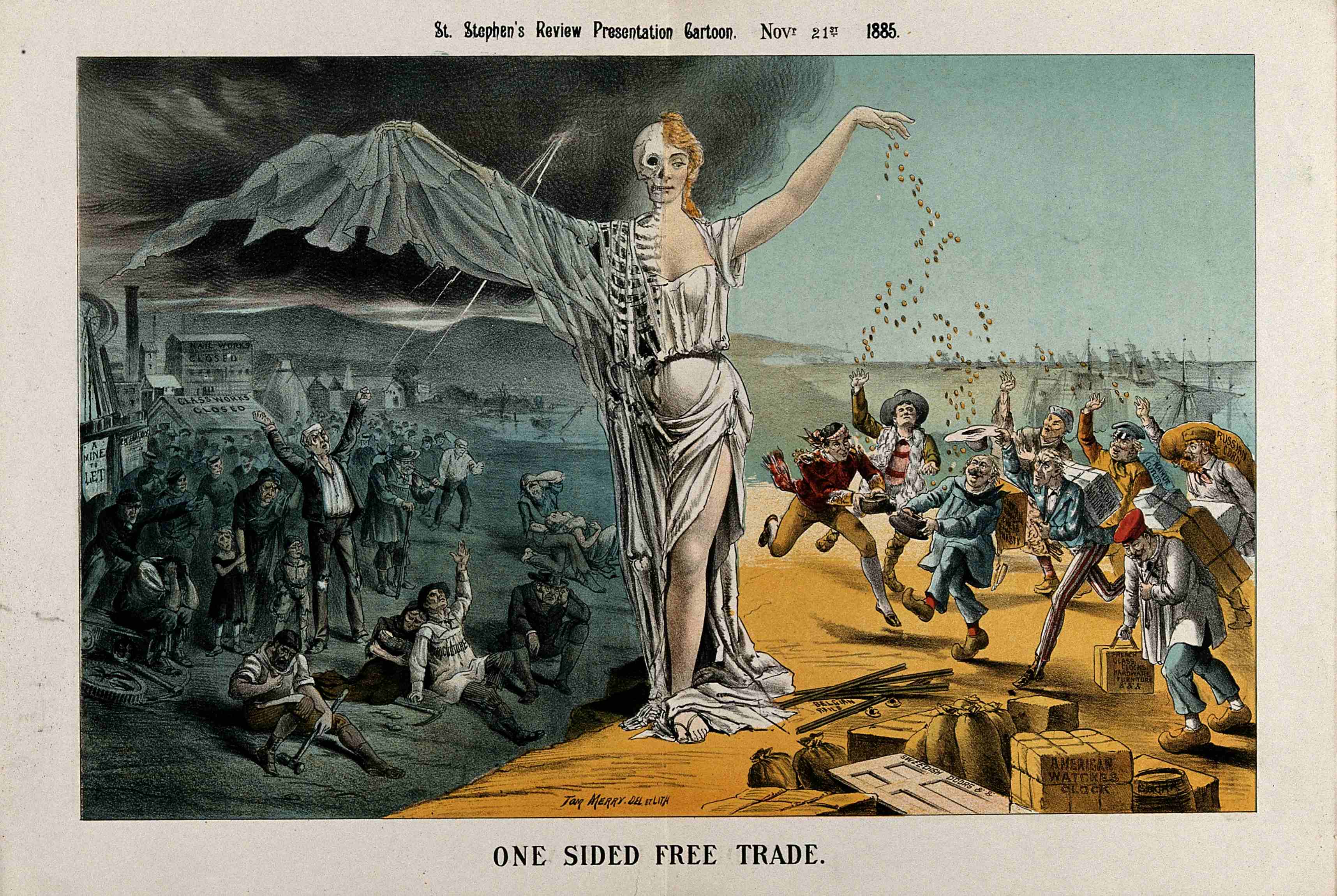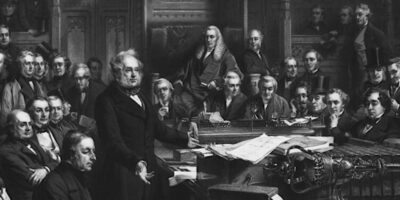Why Free Trade Doesn’t Win Elections
President Donald Trump’s global trade policies didn’t make or break the 2018 midterm elections. While we at AIER have spent two years shouting from the hills of western Massachusetts about the harm and danger of the president’s tariffs, they were only a hot campaign topic in select states and congressional districts. When candidates did discuss trade, they presented it as an issue of gamesmanship rather than economics.
The Fake Game
Tariffs imposed by this administration will cost companies enough to largely cancel out their much-ballyhooed corporate tax cut. Companies will pass some of those higher prices along to the consumer, resulting in less spending, and ultimately lower employment and growth. “Tariffs are bad” would likely be the statement that would get the closest to unanimous consent among economists.
Proponents of the administration’s trade policy ignore these economic facts, but even more shockingly, so do opponents of the trade policy on the campaign trail. Democrats in states and districts where trade became an issue instead focused on the harm done to voters by retaliatory tariffs from countries like China and Canada. This was especially true in states relying heavily on agriculture, where many of the retaliatory tariffs were focused.
Canada even tried to use its retaliatory tariffs to (gasp!) meddle in our elections. In targeting industries, “they wanted to try to do things in states that were marginal Republican states, that could be important electorally,” said Professor James Brander of the University of British Columbia.
The consensus view that trade barriers are bad for our economy is apparently a less compelling argument against tariffs than “The president poked some other countries with a stick, they poked us back, and look what happened.”
International trade is millions of mutually beneficial, voluntary transactions between firms and consumers that happen to lie across international borders. But that’s not how politicians or many in the general public conceptualize it. Instead they view international trade as a game in which the players are whole countries and, if not entirely zero sum, there are winners and losers.
Politics and Perception
This mistaken view of trade is due in large part to the classic political problem of concentrated benefits and diffused costs. Ryan Young at FEE has a very good explanation of how this problem specifically applies to tariffs. Basically, potentially protected industries have a lot to gain from tariffs, making it relatively easy and beneficial to organize and apply political pressure. The vast majority of us, on the other hand, each take a hit for the reasons discussed above, but those hits are individually much smaller than the concentrated benefits.
My view is that the problem of concentrated benefits and diffused costs is doubly severe when applied to tariffs. It not only creates the classic dilemma of the larger group organizing politically, but also colors how many in the public understand international trade.
If an American steel plant shuts its doors because of cheap imports from China, people see lost jobs. It’s easy for people to emotionally connect with the idea of lost jobs. It’s much harder to see the lower prices for intermediate and final goods, the extra purchasing power, and the way these factors reverberate through the market and lead to growth and jobs. Many of the people suffering the diffused costs are themselves more aware of the concentrated benefits of others.
The Not-So Beautiful Game
To see how all of this plays out on the campaign trail take a look at Indiana, the only senate race where trade became a dominant issue. The clash where Republican Mike Braun ultimately beat incumbent Democrat Joe Donnelly saw trade mentioned in TV commercials over three times more often than the next closest race.
Braun and Donnelly both displayed a deeply-held commitment to crass political pandering in a state with a large number of steelworkers whose industry is benefitting from new tariffs and farmers who have felt the pinch of China’s retaliatory moves. The candidates faced a dilemma–pander to one group and alienate the other.
Braun and Donnelly remained calm and didn’t do anything rash like speak instead about the overall economic harms of tariffs. It turned out that both candidates owned businesses, and like most business owners, had at one point or another transacted with people in another country. Braun took to calling Donnelly “Mexico Joe” and Donnelly appeared in an ad next to a pickup filled with boxes reading “Made in China” that were supposed to be the goods Braun’s company had imported.
This is not international trade as the free exchange of goods and services. This is international trade as the World Cup. And as long as the media and politicians keep casting it as such, free trade will not be an issue worth campaigning on.












